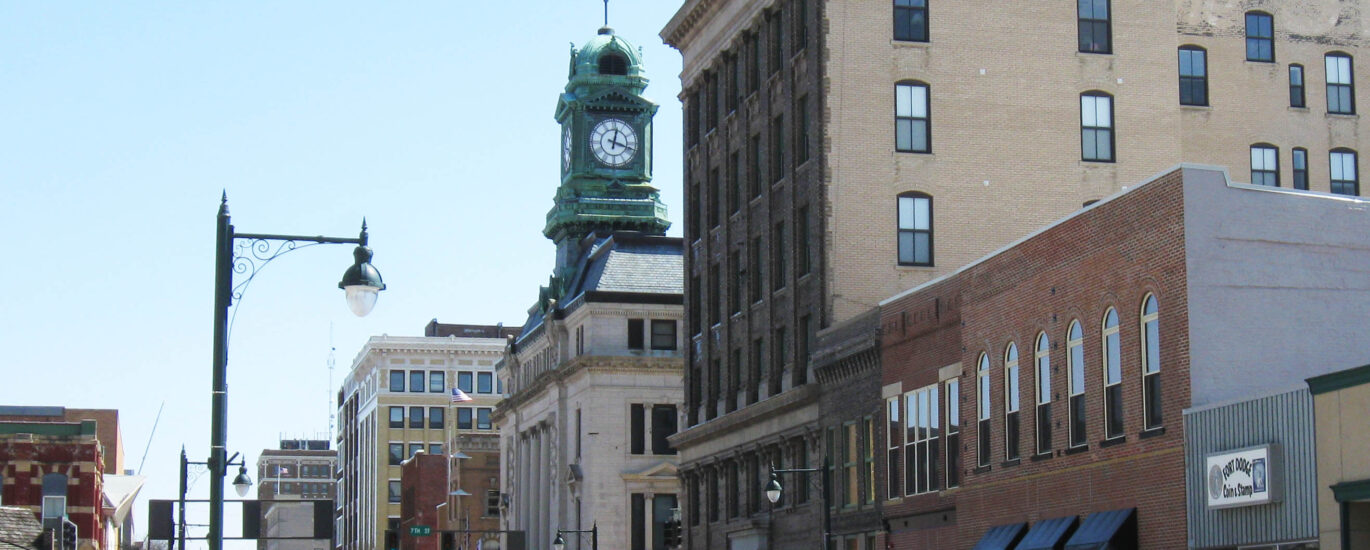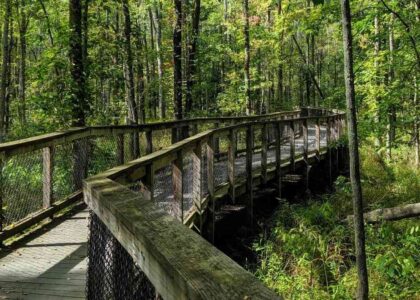Welcome to Fort Dodge, a city with a rich tapestry of history and a vibrant community spirit. Nestled along the Des Moines River, Fort Dodge’s story begins in 1850 when Captain Samuel Woods and his E Company of the 6th Infantry were dispatched to establish a military fort at the confluence of the Des Moines River and Lizard Creek. Initially named Fort Clarke, it was soon renamed Fort Dodge, honoring Henry Dodge, the governor of the Wisconsin Territory, a nod to the past when Iowa was part of that territory.
The fort’s military chapter was short-lived, as it was abandoned by the Army in 1853. However, the area soon saw a wave of civilian settlement. William Williams, a civilian storekeeper, purchased the land and buildings of the old fort and laid the groundwork for what would become the town of Fort Dodge in 1869.
A pivotal moment in Fort Dodge’s history came in 1872 with the establishment of the Fort Dodge Plaster Mills by George Ringland, Webb Vincent, and Stillman T. Meservey. This marked the beginning of gypsum production in Iowa, an industry that continues to play a significant role in the local economy today. The first gypsum mill west of the Mississippi River was constructed here, setting Fort Dodge on a path of industrial significance.
Fort Dodge is affectionately known as ‘Little Chicago,’ a nickname stemming from the mid-20th century when local architects modeled downtown buildings to resemble those in Chicago. This unique blend of historical and architectural influences gives Fort Dodge its distinct character.
Throughout its history, Fort Dodge has been a hub of commercial activity in North Central and Northwest Iowa, playing a crucial role in the region’s development. The city has seen its population evolve and adapt, with the 2020 census recording 24,871 residents. Its diverse community is a testament to the city’s enduring appeal and resilience.
Fort Dodge’s historical significance is not only in its industrial accomplishments but also in its role as a community center where stories of the past continue to shape its present identity. As you explore this fascinating city, consider how its history has been shaped by the pioneering spirit of its founders and the industrious nature of its residents.




